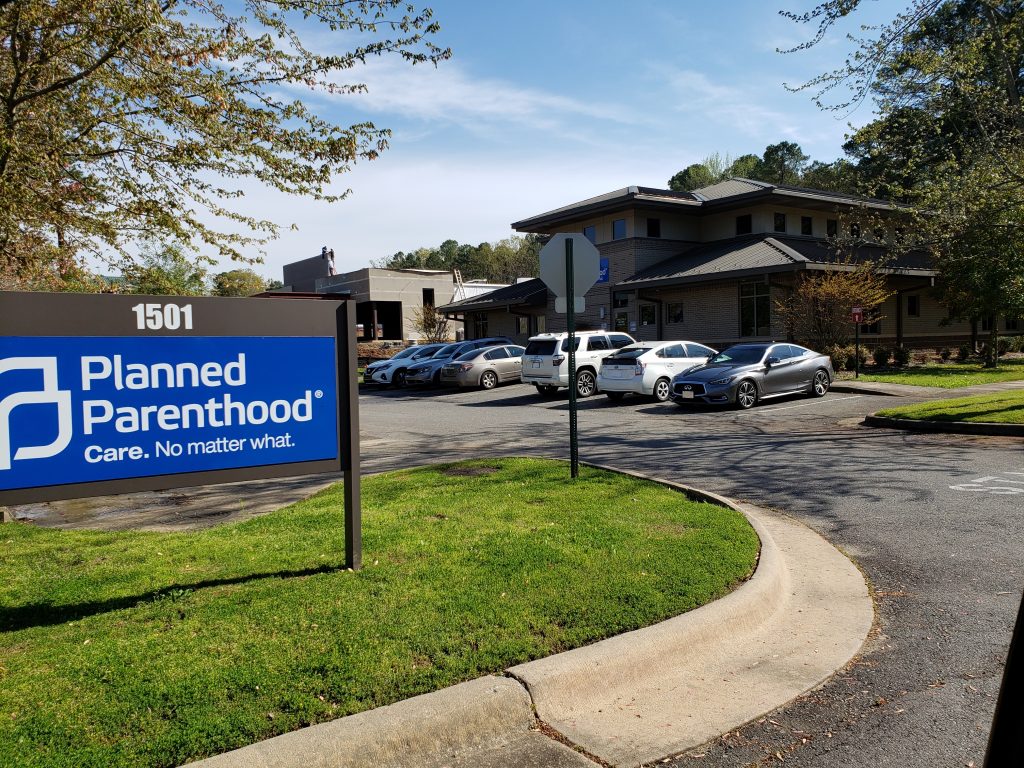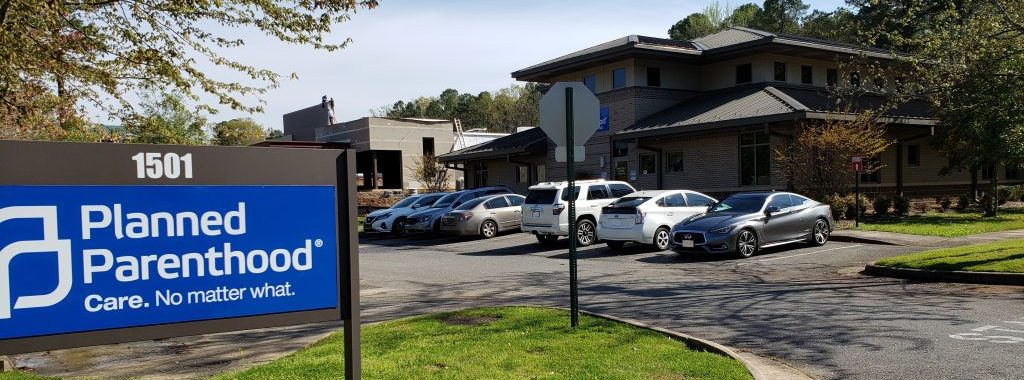Abortion Exceptions for Rape and Incest Hurt Women and Unborn Children

Arkansas’ lawmakers will begin pre-filing legislation in less than two weeks, and many people are looking ahead to the 2025 session in Little Rock.
There is a good possibility that pro-abortion groups will work to weaken Arkansas’ pro-life policies — such as adding exceptions for rape or incest to the state’s pro-life laws.
Since 2019, there has been a lot of discussion about putting exceptions for rape and incest in Arkansas’ pro-life laws.
Rape and incest are evil.
A woman who is raped is a victim in every sense of the word, and only about 2%–5% of all abortions are performed because of rape of incest.
In light of that, it’s easy for some people to justify abortion in these situations.
But there are serious problems with permitting abortion in cases of rape or incest.
Below are a few points to consider.
The Unborn Baby is Totally Innocent
An unborn boy or girl has no control over how he or she was conceived.
These are living human beings.
It is not right to kill an unborn baby because the baby’s father was a rapist.
Abortion Helps Conceal Crimes Like Rape, Incest and Sex Trafficking
Sexual predators sometimes coerce their victims into having abortions to conceal rape or incest.
In 2016 abortionist Ulrich Klopfer admitted to the Indiana Medical Licensing Board that he once performed an abortion on a 10-year-old girl from Illinois who had been raped by her uncle. Dr. Klopfer did not report the crime to law enforcement.
He let the girl go home to her parents who knew about the rape and had decided not to prosecute. As far as we can tell, that girls’ uncle was never brought to justice.
In 2014 researchers Laura Lederer and Christopher Wetzel found 55% of sex-trafficking survivors surveyed reported at least one abortion, and 29.9% reported multiple abortions. Lederer and Wetzel concluded,
The prevalence of forced abortions is an especially disturbing trend in sex trafficking. . . . One victim noted that “in most of [my six abortions,] I was under serious pressure from my pimps to abort the babies.” Another survivor, whose abuse at the hands of her traffickers was particularly brutal, reported seventeen abortions and indicated that at least some of them were forced on her.
Abortion helps conceal evil crimes like these.
Rapists Have No Legal Claim to Their Victims or Their Victims’ Children
Under Arkansas law, a rapist has no legal claim to his victim or the children of his victim.
That means a woman or girl who becomes pregnant because of rape can keep the child or put the child up for adoption, but she does not have to consult the rapist or share custody with him.
Arkansas law is very clear on that point.
Additionally, state courts can take other appropriate action to protect victims of rape or incest.
Abortion Does Not Heal the Harm That Rape and Incest Cause
Abortion doesn’t heal the wounds that rape or incest leave behind.
Abortion takes the life of an unborn baby, and it carries serious risks for the woman.
Abortion is not a quick fix. Its consequences are very serious.
Articles appearing on this website are written with the aid of Family Council’s researchers and writers.





